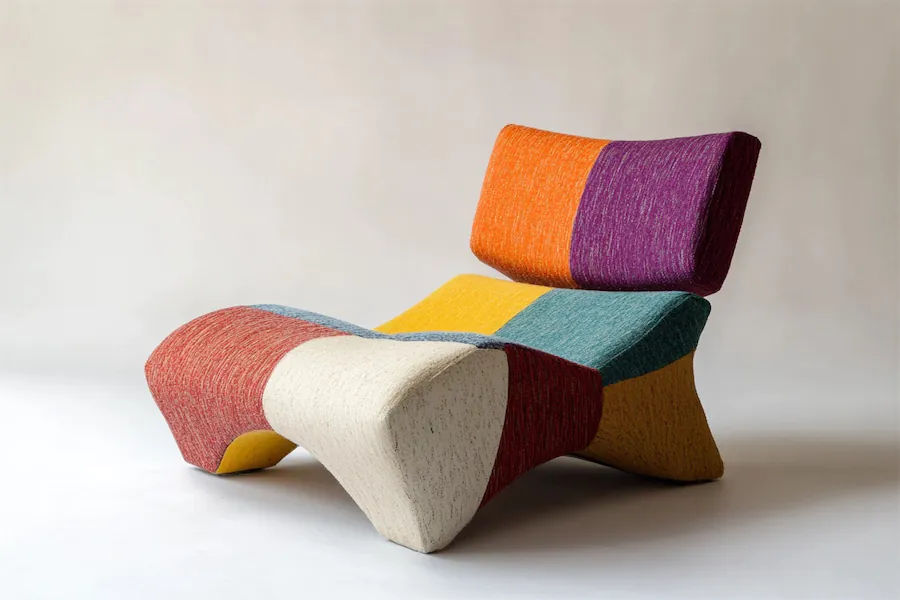A modular chair is a versatile seating solution composed of individual units or modules that can be rearranged or combined to suit various needs and spaces.
History and Origins of Modular Chairs
The concept of modular furniture gained prominence in the mid-20th century, aligning with the modernist movement’s emphasis on functionality and adaptability. Designers like Harvey Probber were pioneers in this field; Probber is credited with introducing modular seating in the 1940s, allowing consumers to customize furniture configurations to fit their living spaces.
Key Features of Modular Chairs
- Flexibility: Modules can be easily reconfigured to accommodate different room layouts or purposes, offering a dynamic approach to interior design.
- Customization: Users can select specific components, materials, and colors to create a personalized piece that reflects their style and functional requirements.
- Scalability: Additional modules can be incorporated over time, allowing the furniture to grow or adapt alongside changing needs.
- Space Efficiency: Ideal for both large and small areas, modular chairs can be arranged to maximize space utilization without compromising comfort.
Applications of Modular Chairs
- Residential Spaces: Perfect for living rooms, home offices, or entertainment areas where flexibility and personalization are desired.
- Commercial Environments: Widely used in offices, waiting areas, and lounges to accommodate varying group sizes and activities.
- Hospitality Settings: Hotels and restaurants employ modular seating to adapt to different events and guest preferences, enhancing functionality and aesthetics.
Considerations When Choosing a Modular Chair
- Quality of Materials: Ensure that the modules are constructed from durable materials to withstand regular reconfiguration and use.
- Ease of Assembly: Look for designs that allow for straightforward assembly and rearrangement without requiring specialized tools.
- Aesthetic Cohesion: Select modules that complement each other and the existing décor to maintain a harmonious visual appeal.
- Budget: Consider the cost implications of initial purchase and potential future expansions when planning your modular furniture investment.
Conclusion
Modular chairs offer a blend of adaptability, personalization, and practicality, making them a valuable addition to various settings. Their ability to evolve with changing needs and preferences underscores their enduring appeal in modern design.
